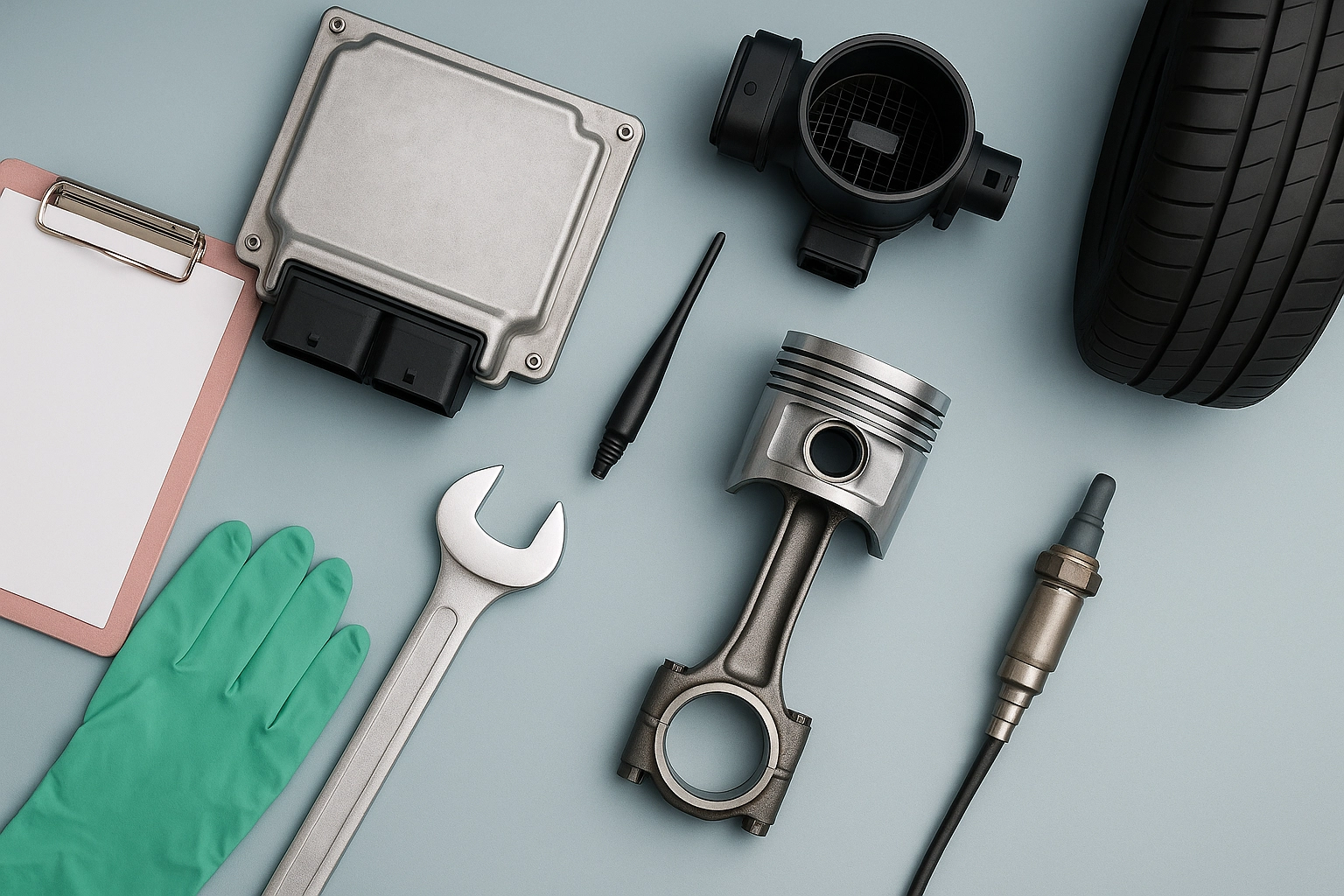SAE J3362 Powertrain Cooling System Durability
The SAE J3362 standard defines a method for durability testing of powertrain cooling systems. This test evaluates the reliability and longevity of components under conditions that simulate real-world operating environments. The primary focus is on determining the resistance to failure due to thermal cycling, fluid flow restrictions, and other stress factors. The SAE J3362 protocol specifies a series of rigorous tests aimed at ensuring that powertrain cooling systems meet or exceed performance expectations for automotive applications.
The test begins with preparing the specimen according to industry best practices. This involves installing the cooling system in an environment that mimics the vehicle's operational conditions, including temperature ranges and fluid types. The specimen is then subjected to a series of thermal cycles designed to replicate the stress encountered during typical drivetrain operation. These cycles involve heating and cooling the system at controlled rates, often simulating real-world driving scenarios.
The SAE J3362 protocol also includes testing for fluid flow restrictions within the cooling system. This is crucial as any blockage or restriction can lead to overheating and potential failure of critical components. The test measures the flow rate through the cooling circuit under both static and dynamic conditions, ensuring that the system meets design specifications.
The durability aspect of SAE J3362 involves monitoring the performance over extended periods to ensure long-term reliability. This includes checking for leaks, corrosion resistance, and overall structural integrity. The test also evaluates the compatibility of cooling fluids with the materials used in the powertrain components, ensuring that there is no detrimental interaction between the fluid and the metal or plastic parts.
The results of SAE J3362 testing are critical for quality assurance teams as they provide data on the performance characteristics of the cooling system under various stress conditions. Compliance with this standard ensures that automotive manufacturers can meet regulatory requirements while also enhancing product reliability in market environments.
By adhering to the SAE J3362 protocol, automotive companies can ensure that their powertrain cooling systems are robust and capable of withstanding the rigors of daily use. This testing process is essential for quality managers and R&D engineers looking to develop products that meet both performance and regulatory standards.
Why It Matters
The durability of a powertrain's cooling system directly impacts vehicle performance, reliability, and safety. Inadequate cooling can lead to overheating, which may cause mechanical failures or even catastrophic engine failure. Ensuring that the cooling system is durable and reliable is critical for maintaining optimal engine operation and extending the lifespan of the entire drivetrain.
From a regulatory standpoint, compliance with standards like SAE J3362 helps manufacturers meet global automotive safety requirements set by organizations such as the National Highway Traffic Safety Administration (NHTSA) in the United States. By demonstrating that their cooling systems are robust and reliable, companies can avoid costly recalls and potential legal issues.
For R&D engineers, the SAE J3362 protocol provides a standardized method for evaluating new designs and materials. This ensures consistency in testing across different models and manufacturers, allowing for apples-to-apples comparisons during development phases.
Quality managers responsible for ensuring product quality rely on such tests to verify that all components meet specified performance levels before mass production begins. Procurement teams benefit from knowing which suppliers provide parts that have been thoroughly tested according to recognized standards like SAE J3362, helping them make informed decisions about vendor selection.
In summary, the importance of testing powertrain cooling systems through methods such as those outlined in SAE J3362 cannot be overstated. It ensures not only compliance with international regulations but also contributes to safer vehicles and more reliable drivetrain components.
Benefits
- Enhanced Reliability: Ensures that cooling systems perform consistently over time, reducing the likelihood of failures during critical driving conditions.
- Regulatory Compliance: Meeting SAE J3362 standards helps manufacturers comply with international safety and performance regulations.
- Informed Decision-Making: Provides detailed data that allows quality managers to make informed decisions about product improvements and supplier selection.
- Cost Savings: By identifying potential issues early in the development process, companies can avoid costly rework or recall campaigns later on.





